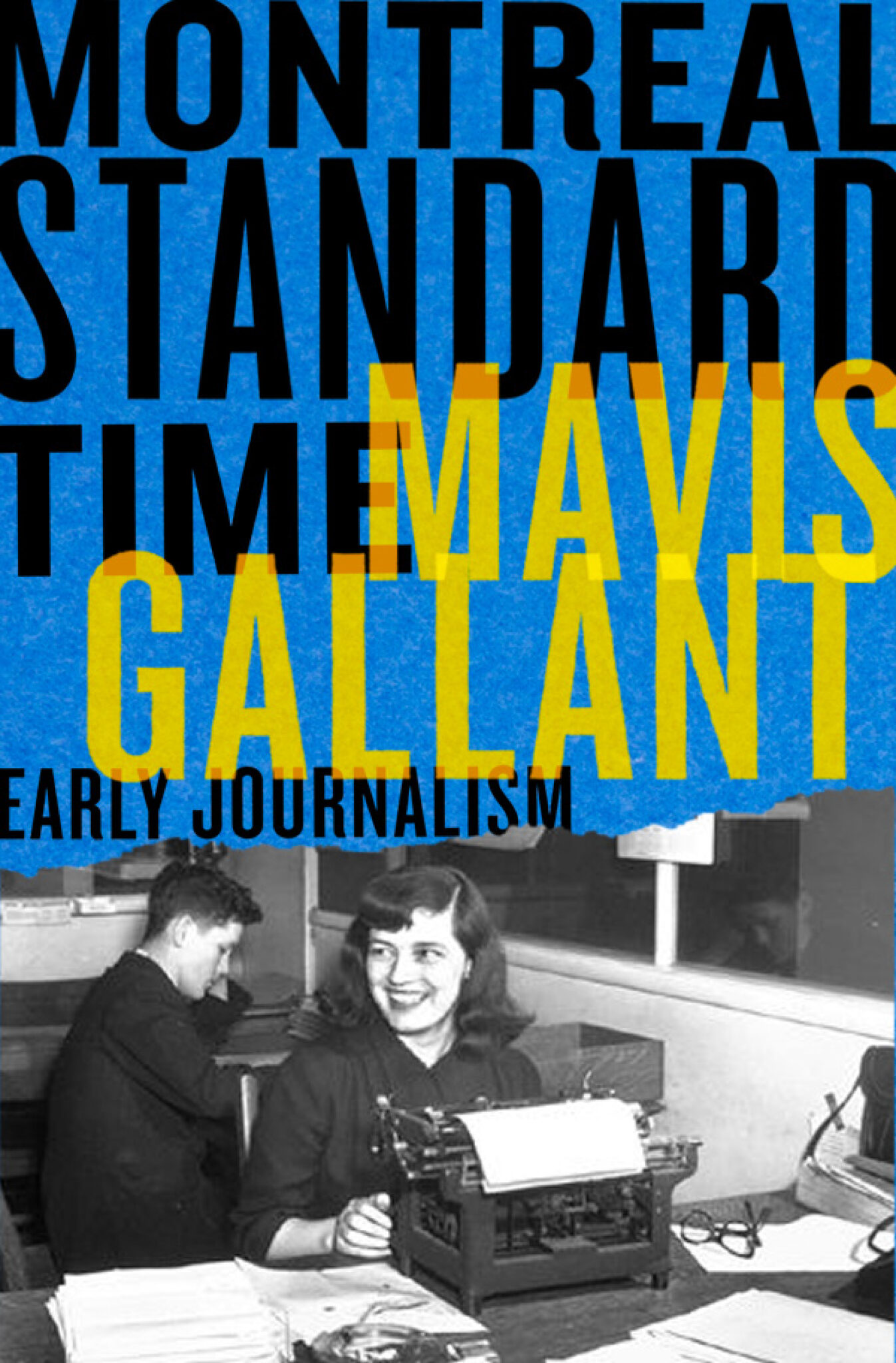Oliver Jones: The Musician, the Man: A Biography
In his youth Oliver Jones had copied the music of early boogie-woogie pianists, as did Oscar Peterson. Both Jones and Peterson were also taken with the filigreed and difficult style of Art Tatum, the insistently rhythmic and emotionally upbeat playing of Erroll Garner, and the impeccable invention and time sense of Nat Cole. Peterson integrated these musical influences into his own style and Jones, in turn, had the ear and talent to absorb much of Peterson’s approach while forging a distinctive musical personality of his own.
A child prodigy, Jones began playing in nightclubs at age ten and went on to perform in Montreal and in far-flung corners of Quebec. In the mid-60s he joined a small touring troupe of entertainers led by a pop singer. The group eventually settled into a multi-year contract at the luxurious Americana Hotel in San Juan, Puerto Rico.
After almost 15 years working abroad, Jones decided to return to Montreal with his wife and young son. He had maintained his love of jazz but had never attempted to make a career as a jazz musician. Almost immediately upon his return in 1980, Jones was offered a jazz job by bassist Charlie Biddle. Despite his trepidations, Jones accepted the challenge, and found, at the relatively advanced age of 46, that his youthful dream of making a living playing jazz was within reach. His subsequent spectacular success is recounted in this biography.
Translated from the French, Sansregret’s book joins works by William Weintraub, John Gilmore, Mark Miller, Nancy Marrelli and others in documenting the rich nightlife and jazz tradition of Montreal. Sansregret places the story of Oliver Jones and many of his associates and relatives within the historical context of the trans-Atlantic slave trade and the plantation economies of the West Indian islands from which Oliver Jones’s parents migrated, his father to the mines of the Canadian Maritimes followed by service in World War I and eventual work for the railroad, and his mother to domestic service in Montreal.
Oliver Jones had the benefit of strict but warm Barbadian parents who taught him honesty, respect, good behaviour, and the importance of family. Although exposed to some of the seamier aspects of show business from an early age, he has never smoked, drank, or used drugs.
I have known Oliver Jones for many years and, like many others, have great respect for him as a man and as a musician. However, I have some problems with this otherwise valuable book. A competent editor is needed. It is perhaps a third too long; no detail is too small, no public mention or published review too insignificant, no travel itinerary too long to escape inclusion. An omniscient voice is annoying in a biography; and too frequent praise, however deserved, borders on hagiography. mRb






Oliver Jones recently came to my attention when I discovered him on Youtube with Daniel Clarke Bouchard , child piano prodigy as they played together an enchanting version of Twinkle Twinkle Little Star. Here in Hawaii, I have also enjoyed Dr. Jones during many of his Youtube performances. Not only is he a jazz genius, but I admire his sweet countenance. He seems angelic as he plays the piano. This man is the essence of sweetness and a God of music.